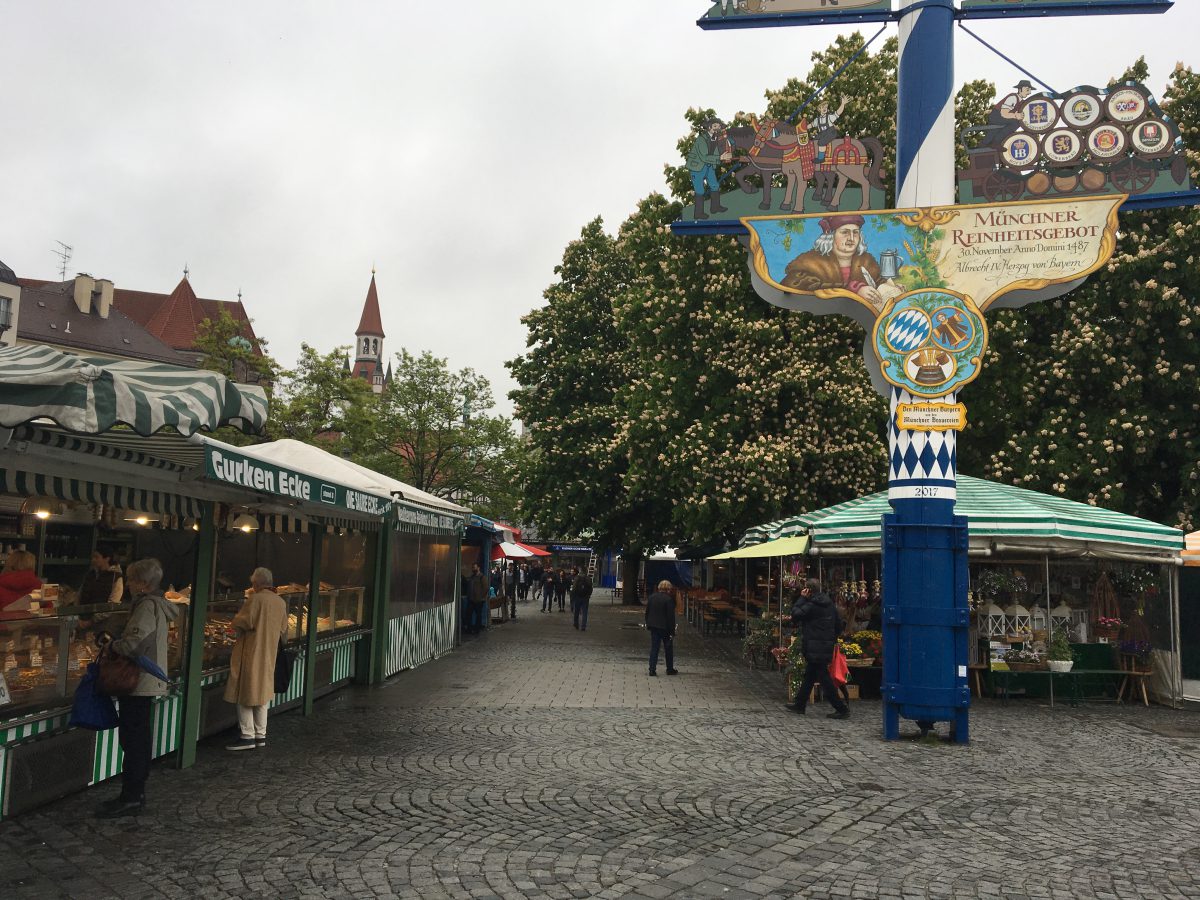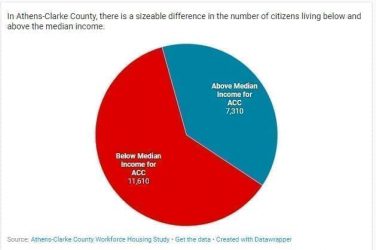The smells of ripe strawberries, Italian cheeses and freshly baked bread are just a few that will pleasantly overwhelm your senses along the side streets of Munich, Germany. If you’re searching for a traditional German meal or ingredients that satisfy a particular diet, these scents will lead you to the Viktualienmarkt.
Tucked just far enough away from congregating tour groups and rushing pedestrians in the heart of Marienplatz, the open-air market is culturally and historically significant to the Bavarian region.
Why It’s Newsworthy: Munich’s Viktualienmarkt is a city landmark that travelers should visit during their stay. The friendly vendors, fresh produce and variety of options provide a relaxing venue for exploring the city’s roots.
“It’s open and you can smell everything and I think that’s nice,” Viktualienmarkt vendor Doris Vorhaner said.
Accommodating All Diets
Vorhaner works at a shop on the north end of the market that faces Frauenstrasse called Lebe Gesund, or Good for Life. If a dietary restriction prevents you from taking advantage of all that the Viktualienmarkt has to offer, you won’t have to worry at this shop.
All of Lebe Gesund’s products are organic and vegan, from “bread and seasoning and sweets and spreads,” Vorhaner said.
According to the National Institutes of Health, veganism is a very selective diet. Vegans avoid meat, fish, dairy and eggs. Many indexing systems such as the US Dietary Guidelines for Americans have steadily shown that the vegan diet is the healthiest.
Rooted In The Land
The company owns fields and a stone mill located about five hours north of Munich in the city of Wolfsburg. The trick to maintaining “more powerful” fields that produce a higher yield is to let them rest once every three years, Vorhaner said.
“We make everything by ourselves and it’s homemade, from the field to the customer,” Vorhaner said.
We look [at] what is growing and then we make something with it.”
Lebe Gesund’s website is translated into six different languages. You can also order products online and have them delivered back home.
Importance of Food, Tradition
Another shop you’ll find while walking the rows of stalls in the Viktualienmarkt blends foreign cuisine and family tradition.
Leo’s Obst-Standl is an exotic fruit and vegetable stand. The shop sells tropical fruits, some coming as far away as Africa and Central America. “We get shipments every day,” vendor Tatiana Veltnes said.
Veltnes, who is from Bavaria, continues the tradition of arriving at five in the morning to open the shop. “The family has worked [at the Viktualienmarkt] for almost thirty years,” Veltnes said.
The people and fresh fruit make working at the Viktualienmarkt enjoyable, Veltnes said. “It’s something different.”
Past Structure
The marketplace has been a fixture of city life for more than 200 years. The Viktualienmarkt gets its name from the Latin term ‘viktus,’ which means “supplies” or “food.”
After the original market in Marienplatz grew too large in the early 1800s, King Maximilian I ordered the food stands to be moved less than mile to the southeast. The new, larger space increased the opportunity for vendors to sell their products.
Over the years, the vendors witnessed their fair share of hardship. The stalls burned to the ground after a destructive fire in 1923, and the Viktualienmarkt crumbled again as bombs pelted the city during World War II.
Restoration and Preservation
City officials quickly approved reconstruction plans after the end of the war.
Munich’s citizens strived to add to the local charm of the ‘marktplatz’ during its rebuilding. They added memorial fountains dedicated to influential Bavarians such as comedian Ida Schumacher and actress Liesl Karlstadt. The fountains highlight the city’s connection to the many rivers that once flowed through the market’s center.
Today, the Viktualienmarkt features more than 140 stalls where you can find shoppers leaning over displays of sausage and sampling bread and olives. A small biergarten is open in the center where you can snack on your purchases while sipping a local brew.
Megan Mittelhammer is a sophomore majoring in journalism in the Grady College of Journalism and Mass Communication at the University of Georgia.








